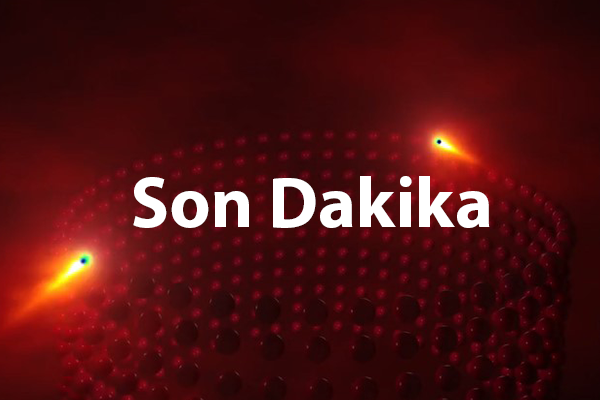
Erdoğan'ın konuşmasından bazı satır başları şöyle:
"Sözlerimin hemen başında vefatını yola çıkarken derin bir teessürle öğrendiğimiz Alev Alatlı hocamıza Allah’tan rahmet diliyorum. Alev Alatlı hocamız eserleri ve fikirleriyle aramızda yaşamaya devam edecektir."
Ayrıntılar geliyor...
Hibya Haber Ajansı
© Copyright 2025 finansinnabzi.com Tüm Hakları Saklıdır.
Web sitemiz Hibya Haber Ajansı Abonesidir.